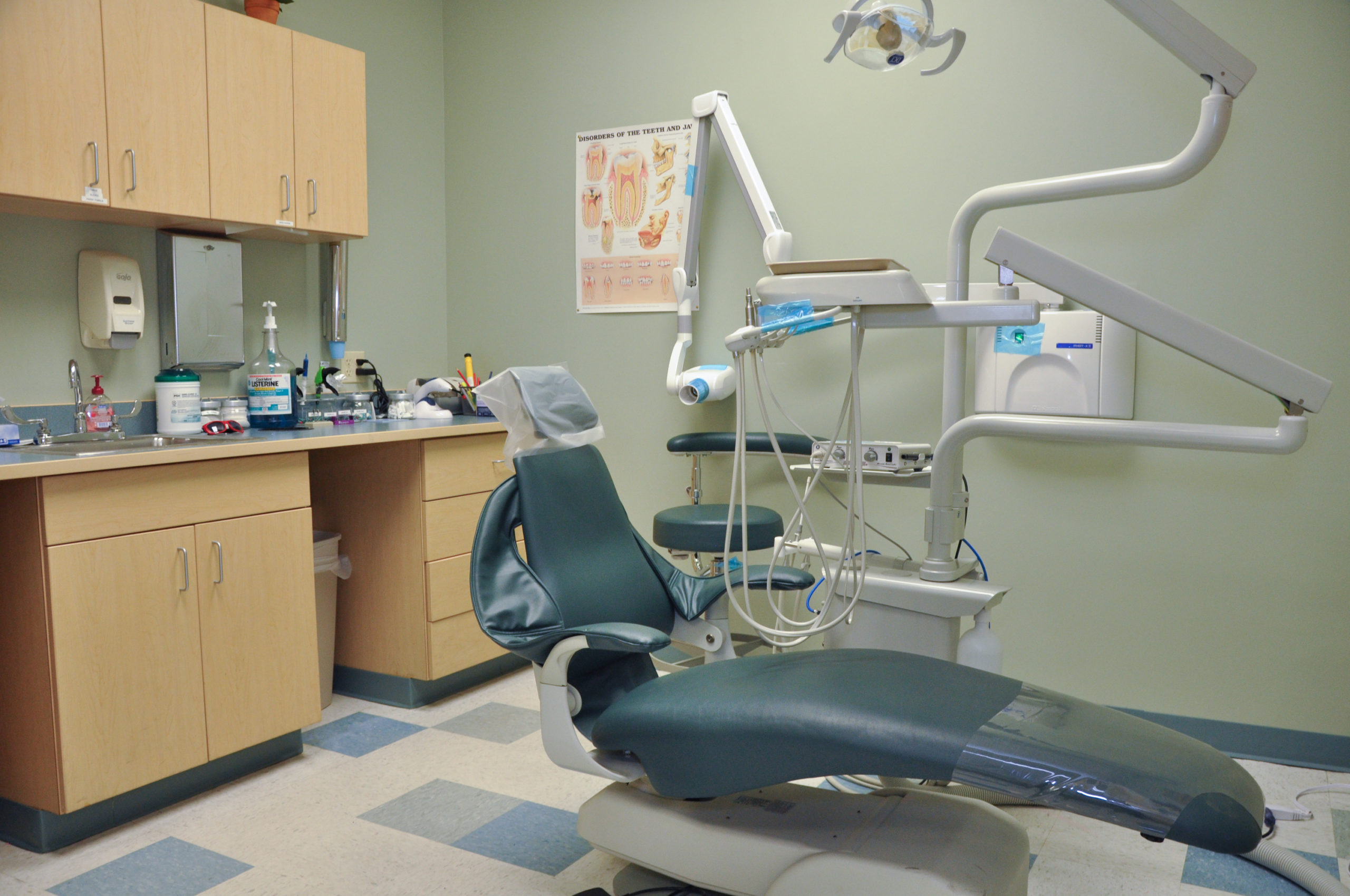Meet Your Friendly Community Dentist Eugene OR and Their Services
Meet Your Friendly Community Dentist Eugene OR and Their Services
Blog Article
Learn Regarding Frequent Dental Issues Your Dental Practitioner Can Fix
Recognizing frequent oral problems is important for keeping optimal dental wellness. Problems such as cavities, periodontal condition, tooth sensitivity, negative breath, and dental cavity are usual yet usually ignored up until they become extreme. Dentists have the expertise to detect and deal with these problems, thus avoiding further issues. Normal dental sees and individualized treatment strategies can resolve these troubles effectively, guaranteeing a much healthier and brighter smile. What specific therapies do dentists employ to fight these problems, and how can early treatment make a difference? The solution to these questions provide beneficial insights into safeguarding your oral wellness.
Dental Caries
Cavities, additionally referred to as cavities, are a widespread dental health and wellness issue brought on by the demineralization of tooth enamel due to acid production from bacterial plaque. This procedure begins when germs in the mouth metabolize sugars and starches from food, generating acids that erode the enamel. Otherwise resolved without delay, this disintegration can pass through much deeper into the tooth, influencing the dentin and ultimately the pulp, potentially resulting in extreme pain and infection.
The very early stages of tooth cavity development usually existing as white places on the tooth surface, indicating preliminary demineralization. As the procedure advances, these spots can become brownish or black lesions, indicating a lot more substantial degeneration. Regular oral check-ups are critical for very early detection, as dental caries in their nascent phases can be treated with remineralization techniques, such as fluoride therapies.
As soon as a cavity has developed, corrective treatment is needed. Dental experts usually remove the decayed portion of the tooth and fill the cavity with products such as composite material, amalgam, or ceramic. In extra severe cases, a crown or origin canal treatment may be called for. Safety nets, including excellent dental hygiene practices and dietary alterations, play a pivotal function in mitigating the risk of dental caries.
Gum Disease
While dental caries stand for a considerable issue for oral wellness, an additional important issue that requires interest is periodontal condition. Additionally referred to as gum disease, gum tissue condition is an inflammatory problem affecting the tissues bordering and supporting the teeth. It is mainly triggered by the buildup of plaque-- a sticky film of microorganisms that develops on teeth.
Gum illness progresses through stages, starting with gingivitis, defined by soreness, swelling, and bleeding periodontals (dentist in eugene oregon). If left unattended, gingivitis can rise to periodontitis, where the inner layer of the periodontal and bone retreat from the teeth, creating pockets that come to be contaminated. In time, the toxins created by the germs break down the bone and connective tissue that hold teeth in place, possibly causing missing teeth
Early discovery and treatment are crucial. Professional dental cleanings and enhanced dental hygiene methods, such as brushing twice everyday and flossing, can manage gingivitis. For advanced stages, treatments might consist of scaling and origin planing, anti-biotics, or even surgical interventions.
Regular dental examinations play an essential role in protecting against and managing gum illness. Dentists can recognize early indicators and recommend appropriate treatments, making sure the upkeep of healthy and balanced gums and general dental health and wellness.
Tooth Sensitivity
Tooth sensitivity impacts millions of individuals worldwide, providing a typical yet often distressing dental issue. This problem arises when the enamel, the outer protective layer of the teeth, is jeopardized, exposing the underlying dentin.
Several aspects add to enamel disintegration and subsequent tooth sensitivity, including aggressive brushing, acidic foods and beverages, gum economic crisis, and bruxism (teeth grinding) Furthermore, oral procedures such as teeth bleaching can temporarily increase sensitivity.
Foul-smelling Breath
One more common dental worry that impacts people' day-to-days live misbehaves breath, clinically called bad breath. This condition can be particularly traumatic, influencing personal communications and self-confidence. Halitosis typically originates from poor oral health, which enables food particles to stay in the mouth, cultivating bacterial development. These bacteria create sulfur substances, resulting in unpleasant odors.

Dental experts play a vital duty in dealing with and identifying bad breath. They can identify the root cause via an extensive exam and supply customized recommendations and therapy plans. Referrals may include improving dental hygiene methods, such as regular cleaning and flossing, using anti-bacterial mouthwashes, staying moisturized, and dealing with any kind of oral issues. In many cases, a recommendation to more tips here a professional might be essential to tackle underlying check my source health issue contributing to foul breath. Efficient management of halitosis not just boosts oral health however likewise significantly improves quality of life.
Dental Caries

Protecting against dental caries includes a mix of great dental health techniques and regular oral examinations. Brushing teeth at the very least two times daily with fluoride tooth paste, flossing to remove plaque in between teeth, and restricting the intake of sweet foods and drinks are necessary safety nets. Fluoride treatments, dental sealants, and expert cleanings offered by a dentist can also play a considerable role in strengthening enamel and protecting against degeneration.
When dental caries takes place, early treatment is key. Dental experts can eliminate decayed cells and bring back the tooth with fillings made from materials such as composite resin, amalgam, or porcelain. In even more advanced situations, treatments like crowns, root canals, or extractions may be necessary. By resolving dental cavity immediately, dentists help maintain dental framework and function, guaranteeing long-lasting oral health and wellness.
Final Thought
Resolving usual dental problems such as cavities, periodontal disease, tooth level of sensitivity, bad breath, and dental cavity is vital for preserving ideal oral health and wellness and general health. Dental professionals possess the expertise to identify and deal with these problems properly, making certain tailored treatment for each person. Routine dental check-ups and safety nets are necessary in determining and handling these concerns early, promoting a healthier and more certain smile over a lifetime.

Tooth degeneration, likewise known as oral cavities, happens when the enamel, the outermost layer of the tooth, is eroded by acids produced by germs in the mouth. Cleaning teeth at least two times daily with fluoride tooth paste, flossing to eliminate plaque in between teeth, and restricting the intake of sweet foods and drinks are necessary preventive measures.Dealing with common dental problems such as dental caries, periodontal condition, tooth level of sensitivity, negative breath, and tooth degeneration is important for keeping ideal dental wellness and general health.
Report this page